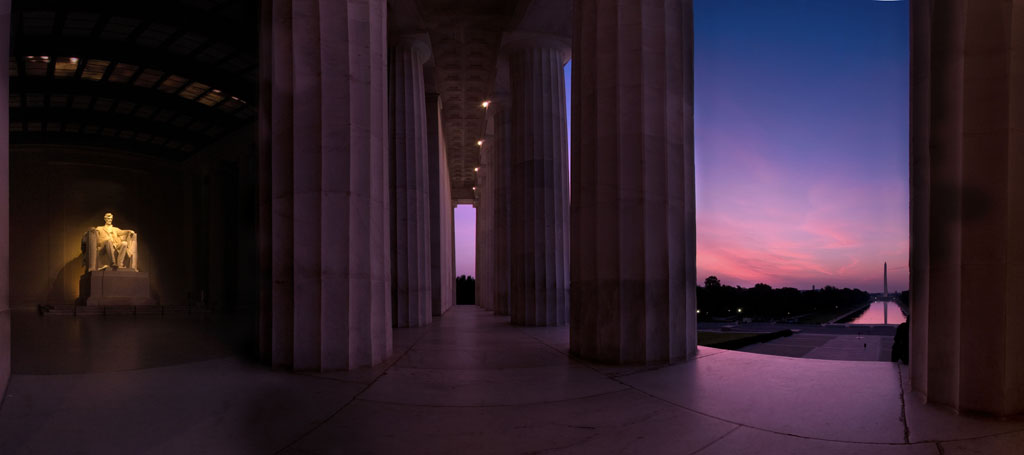
“We erect monuments so that we shall always remember, and build memorials so that we shall never forget.” — Arthur Danto

“We erect monuments so that we shall always remember, and build memorials so that we shall never forget.” — Arthur Danto
I cannot forgive you unless you’re culpable — if you’re not culpable then there’s nothing to forgive.
But if you’re culpable, then what is the point of forgiving you? Either way, my forgiveness seems senseless.
Theologian Miroslav Volf writes, “Forgiveness … at its heart is both saying that justice has been violated and not letting that violation count against the offender.” And Jacques Derrida writes, “Forgiveness is thus mad. It must plunge, but lucidly, into the night of the unintelligible.”
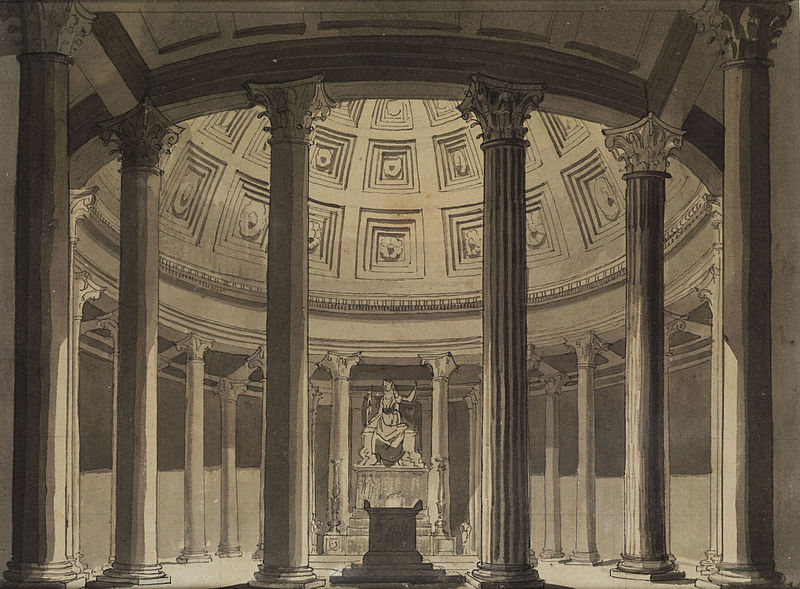
There was once a very successful architect who made a great name for himself. At length he built a magnificent temple, to which he devoted more time and thought than to any of the other buildings he had erected; and the world pronounced it his masterpiece. Shortly afterward he died, and when he came before the judgment angel he was not asked how many sins he had committed, but how many houses he had built.
He hung his head and said, more than he could count.
The judgment angel asked what they were like, and the architect said that he was afraid they were pretty bad.
‘And are you sorry?’ asked the angel.
‘Very sorry,’ said the architect, with honest contrition.
‘And how about that famous temple that you built just before you died?’ the angel continued. ‘Are you satisfied with that?’
‘Oh, no,’ the architect exclaimed. ‘I really think it has some good points about it, — I did try my best, you know, — but there’s one dreadful mistake that I’d give my soul to go back and rectify.’
‘Well,’ said the angel, ‘you can’t go back and rectify it, but you can take your choice of the following alternatives: either we can let the world go on thinking your temple a masterpiece and you the greatest architect that ever lived, or we can send to earth a young fellow we’ve got here who will discover your mistake at a glance, and point it out so clearly to posterity that you’ll be the laughing-stock of all succeeding generations of architects. Which do you choose?’
‘Oh, well,’ said the architect, ‘if it comes to that, you know — as long as it suits my clients as it is, I really don’t see the use of making such a fuss.’
— Edith Wharton, The Valley of Childish Things, and Other Emblems, 1896
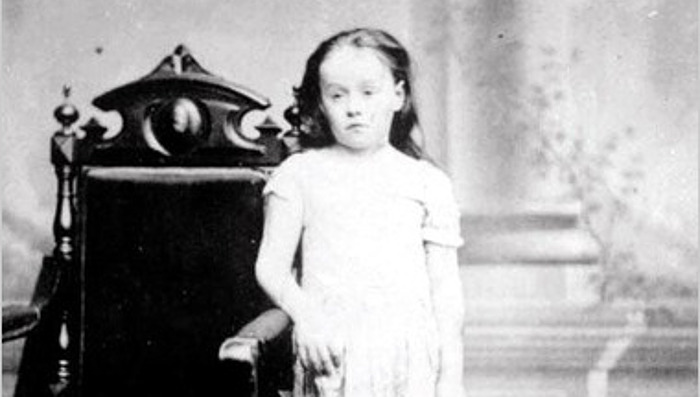
In 1873 a Methodist missionary in New York City heard rumors of a little girl who was kept locked in a tenement and regularly whipped. She uncovered a shocking case of neglect and abuse that made headlines around the world. In this week’s episode of the Futility Closet podcast we’ll tell how one girl’s ordeal led to a new era in child welfare.
We’ll also outsource Harry Potter and puzzle over Wayne Gretzky’s accomplishments.
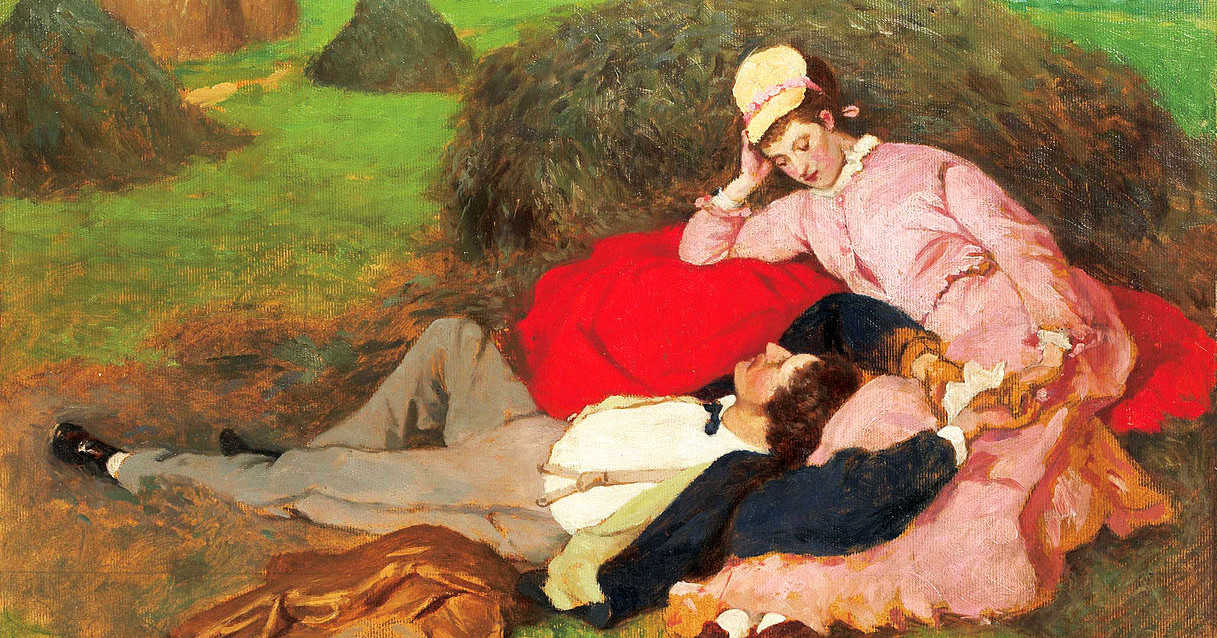
If I love you because you’re smart, kind, and funny, why don’t I love others who are equally smart, kind, and funny? And why does my love persist if you lose these qualities?
On the other hand, if I don’t love you because of the properties you hold, then why do I love you? I feel anger, grief, and sadness for reasons — do I feel romantic love for no reason?
It is true that I meet attractive people and fail to fall in love with them. So perhaps people don’t fall in love based on reasons. But if they do it for no reason, then it seems I might fall in or out of love with anyone, or everyone, at any time.
It seems reasonable to want to be loved for who I am, for properties I hold. But this doesn’t seem to be how it works: It’s not my properties that compel you to love me and not another. So what is it?
(Raja Halwani, Philosophy of Love, Sex, and Marriage: An Introduction, 2018.)

Hunters of the 19th century defended their practice in part because it was the only way to identify species that would otherwise remain unknown.
They distilled this into an adage: “What’s hit is history, what’s missed is mystery.”
In 18th-century New Mexico unbaptized Indians were often sold as domestic slaves. This was illegal, but the authorities accepted it on the theory that it “civilized” the slaves. In 1751, the wife of Alejandro Mora lodged a complaint in Bernalillo that her husband was treating their slave Juana inhumanely. The constable who investigated found Juana covered with bruises. Mora had broken her knees to keep her from running away and reopened the wounds periodically with a flintstone, so they were covered with festering ulcers. Her neck and body had been burned with live coals, and manacles had scabbed her ankles.
She said, “I have served my master for eight or nine years now but they have seemed more like 9,000 because I have not had one moment’s rest. He has martyred me with sticks, stones, whip, hunger, thirst, and burns all over my body. … He inflicted them saying that it was what the devil would do to me in hell, that he was simply doing what God had ordered him to do.”
Mora protested that he had only been looking out for Juana’s welfare. He had raped her only to test her claim of virginity, and he had hung her from a roof beam and beaten her only because she resisted him. The authorities removed her from Mora’s household, but he received not even a reprimand.
(Ramón A. Gutiérrez, Cuando Jesús llegó, las madres del maíz se fueron, 1991; Bernardo Gallegos, Postcolonial Indigenous Performances, 2017.)
This presentation, an in-joke among engineers, is technobabble but manages to seem oddly persuasive. In 1970, John Ware and Reed Williams of the University of Southern California School of Medicine ran an experiment that helps to show why.
The researchers arranged lectures on mathematical game theory for two audiences of psychiatrists and psychologists. In one classroom the lecturer was an actual scientist, and in the other he was an actor playing “Dr. Myron L. Fox” who’d been given one day to prepare a lecture “with an excessive use of double-talk, neologisms, non sequiturs, and contradicting statements.”
When both Fox and the scientist delivered their material in an inexpressive monotone, the scientist’s students performed better on an examination. But when both spoke engagingly, the students rated the charlatan as highly as the expert.
“The actor fooled not just one, but three separate audiences of professional and graduate students,” law professor Deborah J. Merritt wrote later. “Despite the emptiness of his lecture, fifty-five psychiatrists, psychologists, educators, graduate students, and other professionals produced evaluations of Dr. Fox that were overwhelmingly positive. … The disturbing feature of the Dr. Fox study, as the experimenters noted, is that Fox’s nonverbal behaviors so completely masked a meaningless, jargon-filled, and confused presentation.”
The lesson seems to be that an empty presentation delivered by a charismatic speaker can impress even an experienced audience.
(John E. Ware and Reed G. Williams, “The Dr. Fox Effect: A Study of Lecturer Effectiveness and Ratings of Instruction,” Journal of Medical Education 50:2 [1975], 149.)
Below: On Amazon’s Patriot, Leslie Claret schools John Lakeman in piping salesmanship.
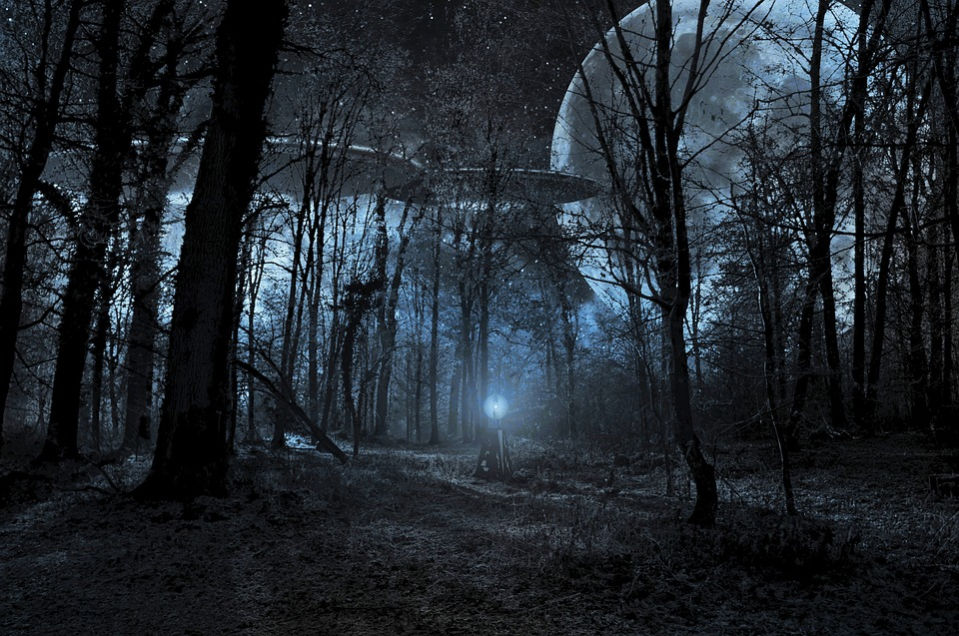
In 1955, aliens from the planet Clarion contacted a Chicago housewife to warn her that the end of the world was imminent. Psychologist Leon Festinger saw this as a unique opportunity to test a new theory about human cognition. In this week’s episode of the Futility Closet podcast we’ll follow him inside a UFO religion as it approaches the apocalypse.
We’ll also try to determine when exactly LBJ became president and puzzle over some wet streets.
My wife and a stranger are both drowning. I can save only one of them. What should I do? In considering this question in 1981, Bernard Williams suggested that I’m having “one thought too many” if I stop to ponder what morality requires; I should save my wife simply because she’s my wife. Troy Jollimore argues that this should silence all other considerations — a husband must “perceive this consideration as possessing such overwhelming importance that it simply drives everything else from his mind.”
But “This sounds terrible,” writes Raja Halwani. “It is one thing to say that Sam should be motivated by the thought that his wife is drowning, but quite another that this thought should silence all others. The danger here is that even if love takes us out of self-absorption, it throws us into the absorption in another, and this does not sound moral.” Is love a moral emotion?
(Bernard Williams, Moral Luck, 1981; Troy Jollimore, Love’s Vision, 2011; Raja Halwani, Philosophy of Love, Sex, and Marriage, 2018.)